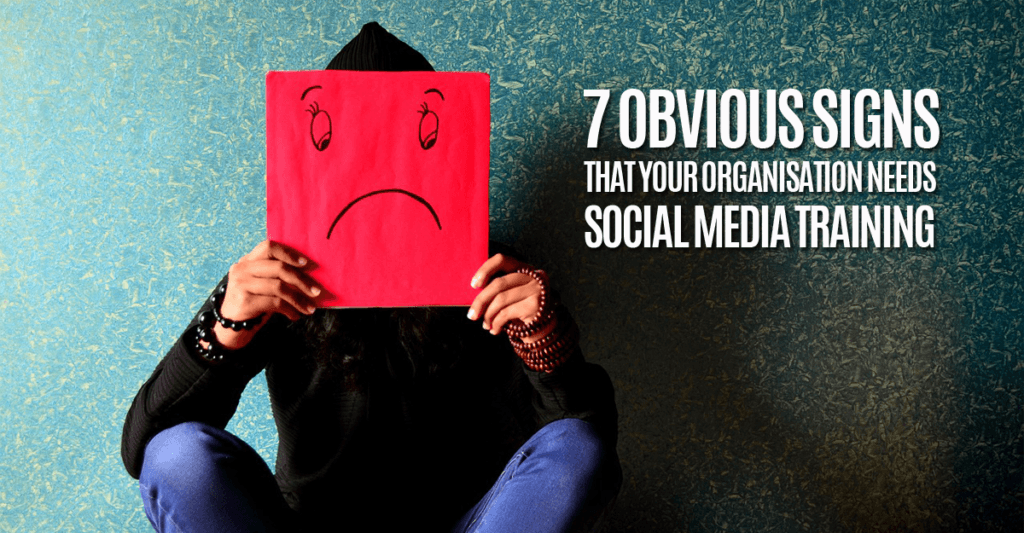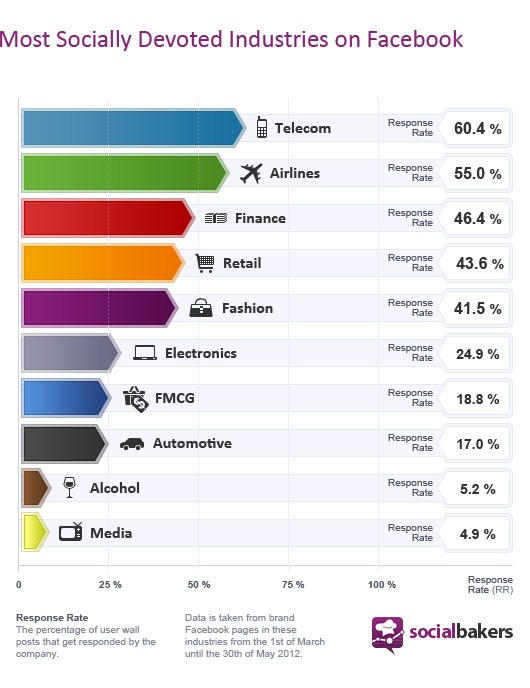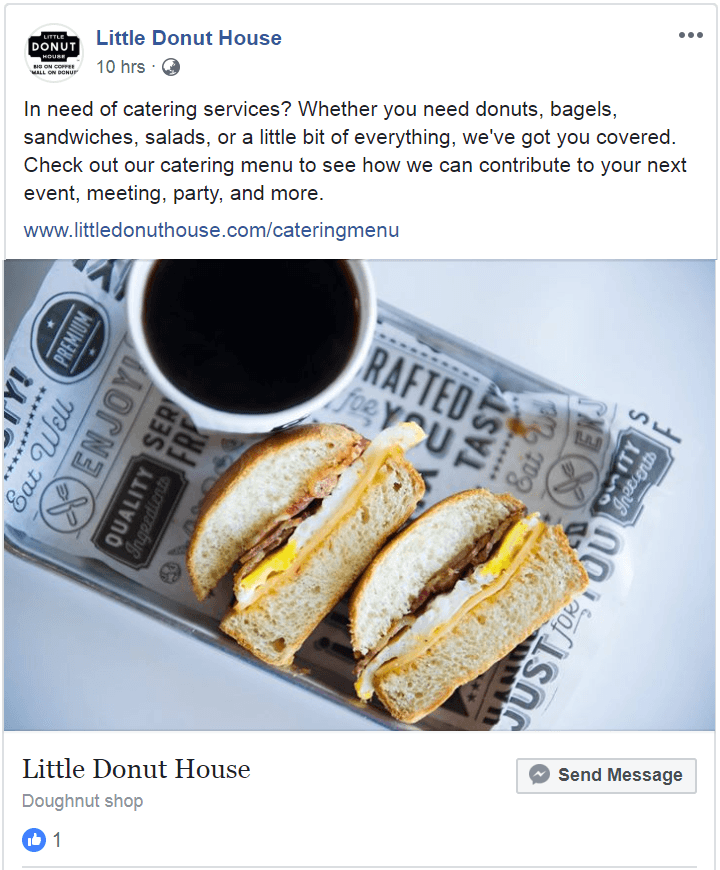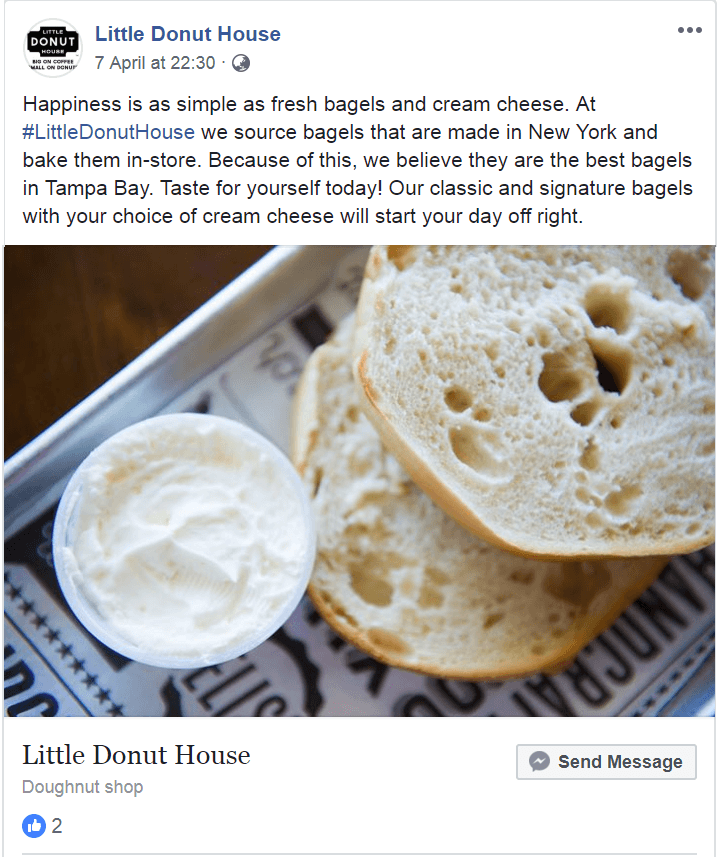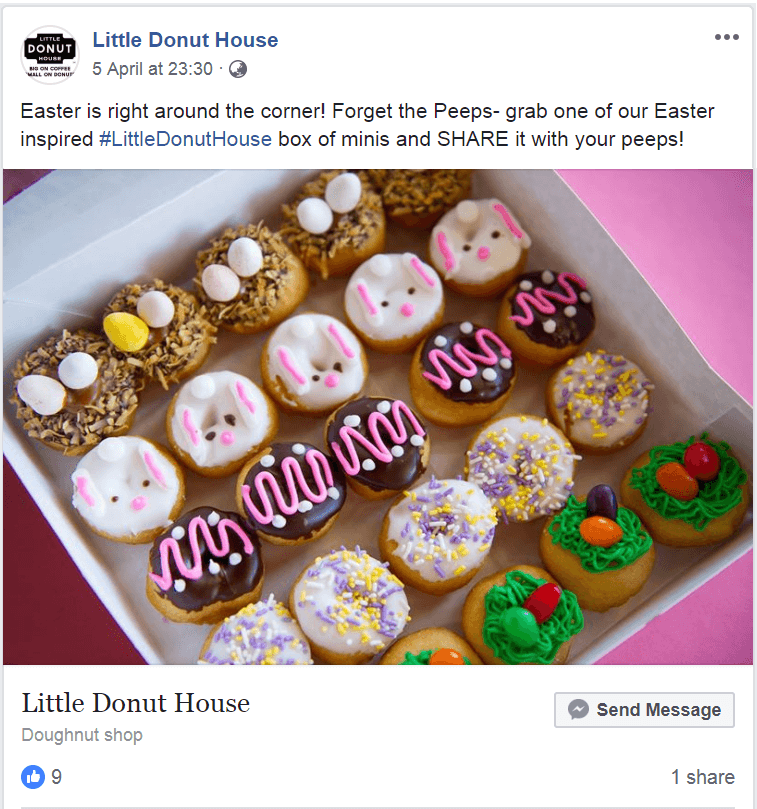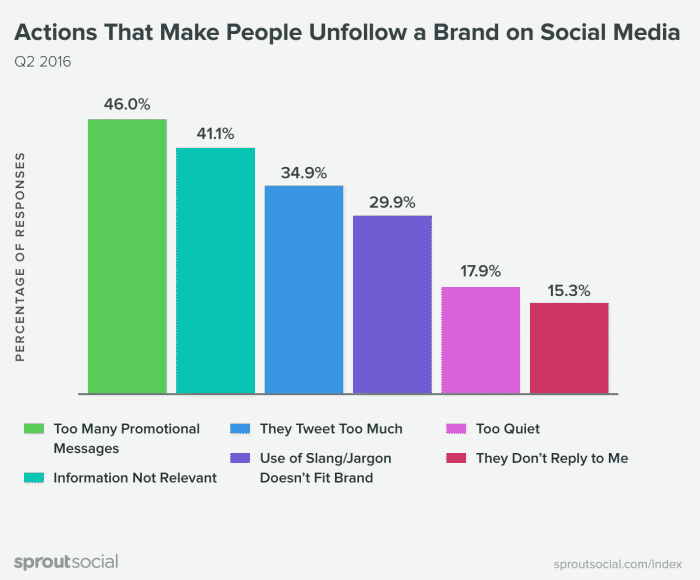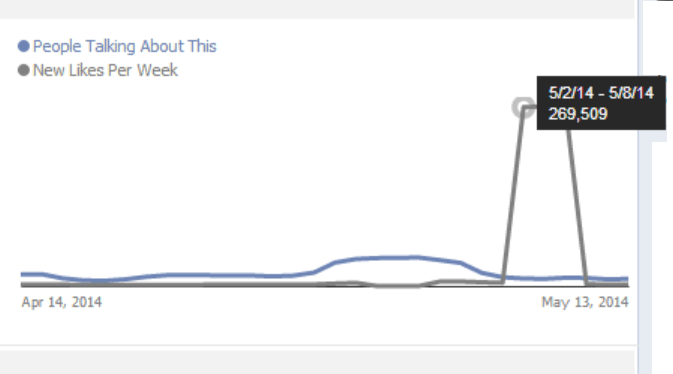Time and again, we’ve seen that Social Media amplifies – sometimes for good, too often for bad or worse. Say something stupid in social media and there’s a better than even chance that the whole world will find out about it, far sooner than you think.
There’s really only one solution (and even that’s not guaranteed): learn what you should and shouldn’t say on Facebook, Twitter, Instagram, LinkedIn and all those other social networks. Get some training before it’s too late.
So how do you know if you need social media training?
If your organisation exhibits any of these classic errors, it’s time to upskill.
Social Media Warning Signs
Get yourself social media training fast if your business makes any of these mistakes:
1. Getting into an argument and insulting your customers and followers
It was the customer service disaster heard around the Internet. An Arizona restaurateur, fed up after years of negative online reviews and an embarrassing appearance on a reality television show, posted a social media rant laced with salty language and angry, uppercase letters that quickly went viral, to the delight of people who love a good Internet meltdown.
2. Not replying to questions and comments on your social media platforms.
Too many brands simply ignore what’s being said to them, with entirely predictable results. This graph from SocialBakers shows which industries are the best (and worst) at responding:
3. All you talk about in social media is yourself
Only 10% of what you talk about in social media should be yourself and your own products or services. The rest of your discussions should be about things that matter to your followers. Don’t be like this Little Donut House shop, constantly posting meaningless pictures of donuts and drinks to an audience that couldn’t care less (3672 followers but just a handful of likes per image).
Look at me! [but hardly anyone is]
Look at Me! [anybody there?]
Look at Me! [hello-o-o-o-o-o?]
The data is clear — consumers don’t like it when you make too many promotional posts.
4. Nobody’s talking about you
In recent years, Facebook has dialed back its Organic Reach (the percentage of your followers who see your posts), especially for promotional posts. What that means, in a nutshell, is that even if someone likes your Facebook brand page, it’s most unlikely that they will see your posts in their newsfeed. That means, to all intents and purposes, that you’re invisible to your followers — unless
- you pay to promote your posts to them; or
- you write posts that are sufficiently interesting and engaging that they get shared by the few that do see them (and thus get out to a wider audience).
During the dark years (before The Force Awakens brought Star Wars fandom back with a vengeance), the Star Wars page on Facebook, despite 11 million followers, was only averaging around 15,000 weekly talks — until May the Fourth (“be with you”), when interest surged and more than a quarter of a million people found Star Wars worth talking about again on Facebook.
5. Everybody’s talking about you (but not in a good way)
Justine Sacco, head of public relations for UK media giant IAC, flew towards Africa, blissfully unaware of the uproar caused by her final tweet before boarding her 12-hour flight.
Even though Ms Sacco had a mere 200 followers, the tweet went viral even while she was flying. Her tweet was universally condemned as racist, resulting in the hashtag #HasJustineLandedYet trending worldwide. Unsurprisingly, Ms Sacco lost her job, her former employer apologised profusely and several AIDS charities received donations from appalled twitterati.
6. You post too often (or too seldom)
How often should you post to your social networks? That depends on (a) your networks; and (b) your followers.
If you’re posting to Twitter, for example, and reaching out to a business audience, then posting (variations on the same information) at three-hour intervals during the business day is acceptable — very few will see more than one post, given the transient nature of Twitter.
On the other hand, posting to a consumer audience via Facebook should be less frequent, because posts are likely to linger more there. Take a look at your Facebook page Insights data (via your Page Manager dashboard) and view “When Your Fans Are Online” (under “Posts”).
Post perhaps twice a day at most, at times that coincide with most of your fans being online — and don’t just post the same thing over and over.
7. You use Black Hat sneaky tricks
As Revive.social reports, Chinese sneaker manufacturer Kaiewei Ni published a Black Friday ad to Instagram Stories with a stray hair in the center. Whoever made the ad designed it to look as if there was a stray hair on the phone screen of the person viewing it.
What was clever, but also incredibly sneaky, about this ad was its goal—to trick users into swiping up on the ad so the user would be redirected to Kaiewei Ni’s website.
Not surprisingly, Instagram removed the ad for violating its policies and disabled the account from advertising in the future.
Once you realise you need Social Media Training
We would be remiss if we didn’t point you to our range of social media courses:
Social Media Marketing
If you would like to know more about the full range of Social Media marketing options available to Kiwi businesses, check out our Social Media Marketing course:
The Principles & Practice of Social Media Marketing
This is a thirteen-part online training course providing a comprehensive introduction to Social Media Marketing, from the Basics to detailed instructions on how to build and run a Social Media Marketing programme.
For more details of the Social Media Marketing online course, please click here.
So you have a few hundred (or a few thousand) followers on Facebook but now you want to know how to get to the next level? Our Facebook Accelerator seven-part online course will lead you through the steps necessary to supercharge your Facebook presence and get Kiwi consumers engaging with you and your brands.
For more details of the Facebook Accelerator programme, please click here.
For those who wish to master Facebook Marketing in its entirety, we’ve created a ten-week online training programme which will take you from absolute beginner on Facebook to highly effective Facebook communicator.
For more details of the Complete Facebook Marketing programme, please click here.
Mastering Facebook Advertising
This is a nine-part eCourse providing a comprehensive introduction to paid Facebook Advertising.
For more details of the Mastering Facebook Ads online training course, please click here.
Instagram Marketing course
If your target audience is Under 35, Instagram absolutely must be one of your marketing options. This course will give you a solid introduction to this fast-growing social medium.
Even if you don’t intend to become directly involved in social media yourself, you may still need to understand the principles, practices and opportunities of social media — for example, if you need to brief someone about running a social media campaign. This programme is designed to provide you with the insights necessary to prepare an effective brief.
For more details of the How to Prepare an Effective Social Media Brief programme, please click here.
How to Use LinkedIn Effectively – For Your Business And Your Career

This is a seven-part online training eCourse providing a comprehensive introduction to LinkedIn, from the basics to detailed instructions on how to use LinkedIn to promote your organisation, build your personal reputation, find a job, recruit prospective employees and even make sales.
For more details of the How to Use LinkedIn Effectively programme, please click here.
